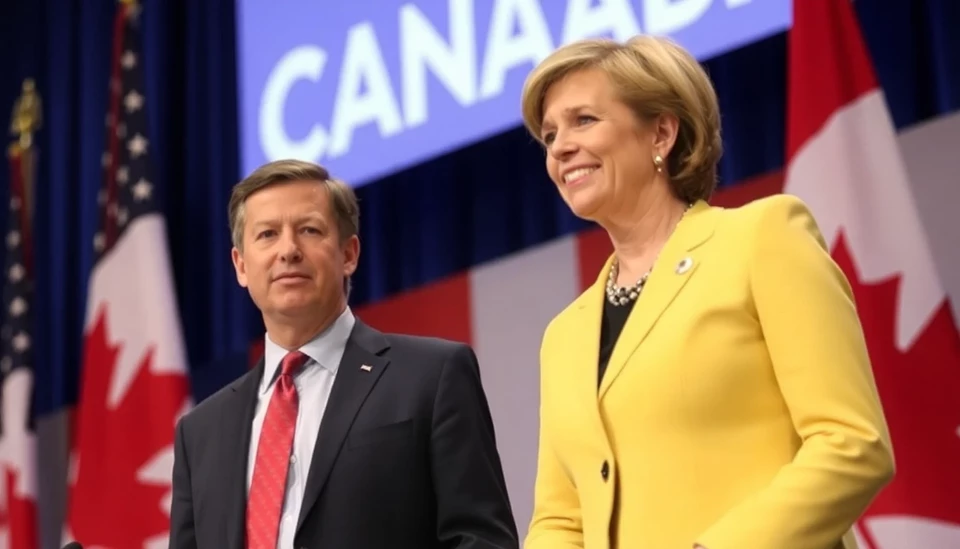
Canada is bracing for potential economic fallout as it prepares to retaliate against proposed tariffs that the United States under President Trump may impose on several key Canadian exports. Among the products likely to be affected are Florida's famed orange juice and steel, which are integral to both economies. The contentious situation stems from ongoing trade disputes, escalating tensions, and the delicate nature of international ties between the two neighboring countries.
The anticipated tariffs are attributed to a longstanding U.S. claim regarding unfair trade practices, particularly in the steel sector. President Trump's administration has frequently invoked trade protectionism to bolster American industries, alleging that foreign imports undermine domestic production capabilities. This protectionist stance has led to significant friction between the U.S. and its trading partners, notably Canada, who argue that the tariffs are unwarranted and potentially harmful to both economies.
In response to the proposed measures, Canada's government indicated that it has been reviewing a list of targeted products that would be subject to retaliatory tariffs if the U.S. moves forward with its plan. Among the items specified on this list, Florida orange juice stands out not just for its economic value but also for its cultural significance, symbolizing the warm climate and agricultural richness of the southern U.S. The steel industry also carries considerable weight, given its role in infrastructure and manufacturing across North America.
A forecast of increased tensions looms, with trade analysts suggesting that an escalation in the tariff situation could lead to a larger trade war, adversely affecting businesses and consumers on both sides of the border. Market observers remain concerned that retaliatory measures could trigger a domino effect, leading to further restrictions and countermeasures. The implications of such actions could reach beyond just the juice and steel industries, potentially impacting various sectors including construction, agriculture, and food supply chains.
Canadians are also worried about the potential spike in prices for goods that rely on steel imports or involve citrus-related products. Industry insiders note that such tariffs could result in increased costs for manufacturers, which may ultimately be pushed down the line to consumers. Already, some businesses are bracing for the worst, adjusting budgets and timelines in preparation for these potential economic changes.
As discussions advance, the possibility of diplomatic negotiations to mitigate these trade tensions remains a critical focal point. Both governments could benefit from engaging in talks aimed at finding a compromise that addresses U.S. concerns while safeguarding Canadian interests. Nevertheless, the rhetoric from both sides has remained heated, suggesting that finding common ground may prove difficult in the near term.
Ultimately, the stance that Canada takes in retaliation could either thaw relations or exacerbate hostilities between the two countries. The coming weeks are crucial, as decisions made on tariffs can set important precedents for future trade interactions, not only between the U.S. and Canada but also in the global trading landscape.
As the economic repercussions unfold, consumers and businesses are left to navigate the uncertainty created by these looming tariffs, which serve as a reminder of the fraught nature of modern international trade. The orange juice and steel industries are just two examples of the fragile interconnectedness that exists in trade, where policies in one country can have far-reaching impacts across the continent.
With the world watching closely, Canada now finds itself in a pivotal position as it contemplates its response to the U.S. government's proposed tariffs. Its next actions will signal not only its economic priorities but also its commitment to maintaining amicable trade relations with its largest trading partner.
#Canada #USTariffs #TradeWar #OrangeJuice #SteelIndustry #InternationalTrade #Economy
Author: Daniel Foster




